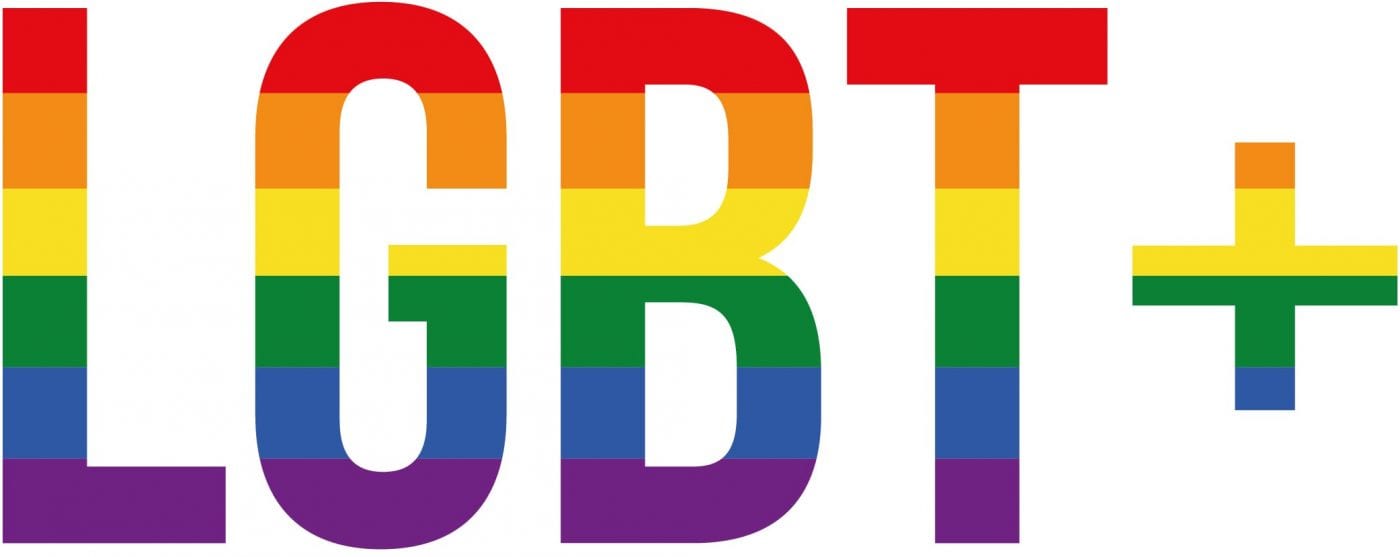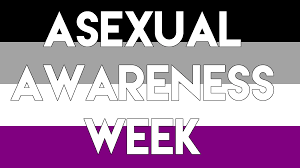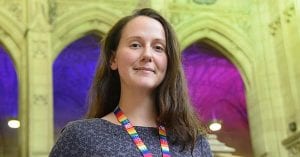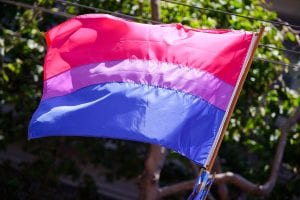Transgender Day of Remembrance (TDoR), is observed annually on November 20 as a day to memorialize those who have been murdered as a result of transophobia and to draw attention to the continued violence endured by the transgender community.
- History of TDoR
Transgender Day of Remembrance was founded in 1999 by Gwendolyn Ann Smith, to memorialize the murder of transgender woman Rita Hester in Massachusetts. Since its inception, TDoR has been held annually on November 20, and it has slowly evolved from the web-based project started into an international day of action. In 2010, TDoR was observed in over 185 cities throughout more than 20 countries.
Typically, a TDoR memorial includes a reading of the names of those who lost their lives during the previous year, and may include other actions, such as candlelight vigils, art shows, food drives, film screenings, and marches.
- Bristol Vigil
Bristol will be holding a TDOR Vigil on Wednesday 21st November in the Anson Rooms in Bristol SU (first floor). Please note that this event is a vigil for Transgender indiv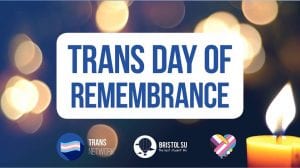 iduals worldwide who have lost their lives in this past year, and therefore the nature of the event may be upsetting for some. Representatives from Mindline Trans+ will be available during and after the Vigil should anyone need to speak with them. For more information, visit this website: transpridesw.webs.com
iduals worldwide who have lost their lives in this past year, and therefore the nature of the event may be upsetting for some. Representatives from Mindline Trans+ will be available during and after the Vigil should anyone need to speak with them. For more information, visit this website: transpridesw.webs.com
- Personal blog about what TDoR means to Amelia (Trans rep for the LGBT+ Network)
Transgender people are still largely misunderstood in today’s society. I was at a gig the other day where the singer of the band – a queer woman – dedicated a song to ‘all my queer brothers and sisters in the crowd’ then went on to explain that the following song was about the gender binary and why she doesn’t believe in it or think it is necessary in society. I cheered this but looking around the room there were some puzzled faces, even at a punk rock show, a genre famed for inclusivity and acceptance.
I feel that I’m always asking myself why transgender and non-binary people are so misunderstood but I ask myself more why there is such violence towards them. Why do people have to resort to violence against people they don’t understand? It saddens me that as a community we have to hold a day to remember our brothers and sisters that we have lost to crimes committed against them and that the society we live in has forced us to create this day of remembrance.
I saw in the crowd last night faces of bemusement at the dedication made by this bands singer, but these same faces sat atop bodies which adorned by band t-shirts – bands who have spoken up for LGBT+ rights. Which made me think, the people I share this crowd with don’t actually care about who the song is dedicated to. And I don’t mean that in a negative way, these people know trans and non-binary people exist but it just doesn’t bother them. They don’t care what bathrooms we use, how we dress or even how we identify. They know we’re here but they aren’t phased by us, they think of us as any other member of society.
So where is the line, where do people become aware of our existence but make a conscious decision to dislike us to the point where they chose to act violently towards us? Hate and bigotry aren’t something we are born with, we are taught to hate and we then act on these feelings. Punk rock teaches to love, include and accept, as well as to embrace those who are different or outcasted. It is so easy to teach hate and division but seemingly much harder to teach love and respect, yet the scene I am an audience member of teaches that love and respect with so much ease, to the point where so many of its members don’t even realise they have learned it. I’d love to create a society where everyone can be taught to love in such a passive way, instead of taught hatred and misunderstanding.
Thank you for taking the time to read this blog and learning more about TDoR!
Do you self-identify as LGBT+? Join the LGBT+ Staff network
Already a network member? Join our Facebook group to keep in the loop with socials and other events in the city!
